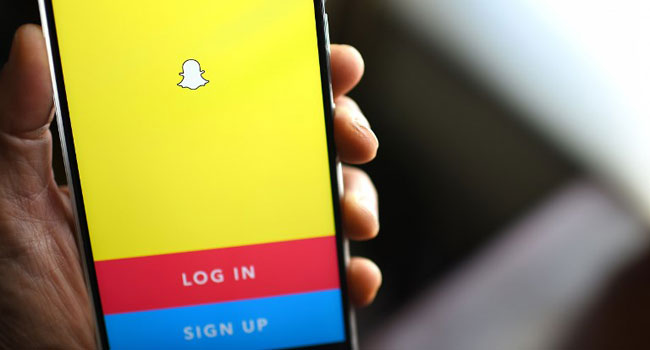Robyn BECK / AFP
Snapchat has begun asking teenage Australians to verify their ages, a company spokesperson said Monday, just weeks before Canberra enforces sweeping laws banning under-16s from social media.
From December 10, Australia will force social media platforms, including Facebook, Instagram, and TikTok, to remove users under the age of 16 or face hefty fines.
“Starting this week, many users will be asked to verify their age to continue accessing Snapchat,” the company said.
Users will be able to do so using an Australian bank account, government-issued identification, or by taking a photo of their face, which a third party will then use to provide an estimated age range.
From December 10, users under 16 will have their accounts locked.
Snapchat, like other social media platforms, has advised teen users to download their data as soon as possible, le lest it may be tricky to do so once the ban starts.
The messaging app said it strongly disagreed with being included in the government’s an, but “we will comply, as we do with all local laws in countries in which we operate”.
READ ALSO: Amazon, Microsoft Cloud Services Could Face Tougher EU Rules
“However, disconnecting teens from their friends and family doesn’t make them safer — it may push them to less safe, less private messaging apps,” it warned.
So far, 10 platforms, including Discord, WhatsApp, Lego Play, and Pinterest, have avoided being included in the landmark legislation.
But Australian authorities have reserved the right to update the list of banned platforms as required.
There is keen interest in whether Australia’s sweeping restrictions can work as regulators around the globe wrestle with the dangers of social media.
New Zealand’s Prime Minister, Christopher Luxon, will introduce a similar bill to restrict children’s social media use.
And the Dutch government advised parents this year to forbid children under 15 from using social media apps such as TikTok and Snapchat.
On paper, the ban is one of the strictest in the world.
But some experts are concerned that the law will be merely symbolic because of the difficulty in implementing and policing online age verification.
AFP
